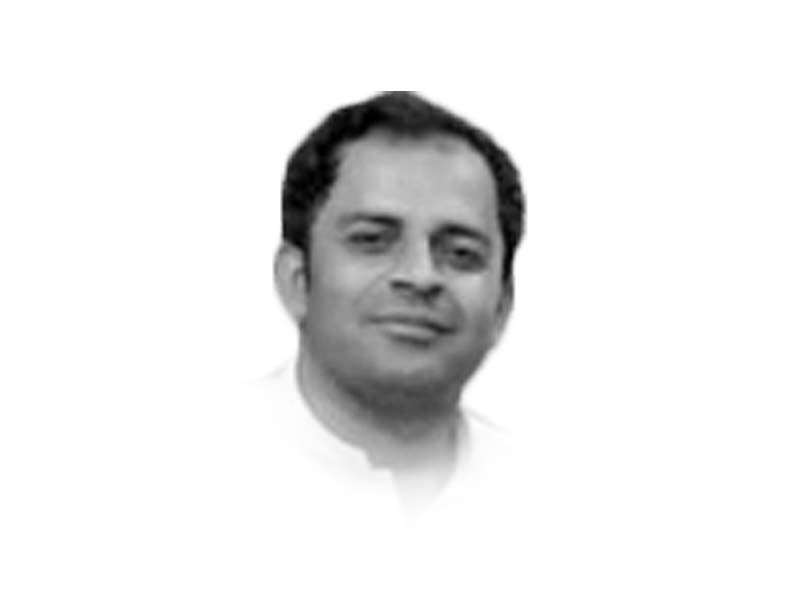
Though all humans are inherently equal in their needs and biological construction, they are hardly such in real social life. They are stratified along different arbitrary identities of caste, creed, ethnicity and theology. Of all variations existing among humans, socioeconomic divisions in social status leave the greatest negative implications for large segments of societies. In sociology, social status is defined as the relative position or rank of an individual in relation to lifestyle, rights, obligations, prestige and honour in the social hierarchy. It defines one’s reputation and overall standings in society. In fact, the differences in social roles give rise to variations in people’s social status.
What dictates one’s social standing? There are two determinants: ascribed and achieved. An ascribed status is what one acquires by birth. Since this is the status one is born with, one can have no control over it. While an achieved status is what an individual earns through merit and personal accomplishment. It reflects one’s abilities, choices or efforts. The ascribed status might be beyond human control, one can upgrade one’s status through one’s efforts. The prospects of upward social mobility is almost always available for all, regardless of what one is born with. In the developed world, the ascribed status hardly defines one’s lasting social standing as a level playing field for social mobility is available for all and sundry. One’s efforts, rather than affiliation, riches, or background determine one’s social status in civilised societies.
The uncontested significance of the division of labour in society notwithstanding, the systematic manipulations of social roles empower a handful of stakeholders to encroach on the resources at the sheer detriment of the rest of the population. It enables the powerful elite to occupy the institutions and avenues in a manner that allows selective upward social mobility for themselves and their ilk.
Pakistan presents a glaring example of engineered social status. In our country, ascribed status chiefly defines social stakes. This is evident from the unrivalled patent of upward social mobility reserved almost for the moneyed, propertied and power elite. The children of political, military, bureaucratic, feudalistic, judicial, religious, professional and corporate elites enjoy the copyright on upward social mobility. The crony capitalists, criminal gangs, mafias, henchmen and sycophants sponsored and protected by the elite also ruthlessly feast on the country’s resources.
The elite has been perpetuating the quarter-century long elite capture by carefully controlling the resources through encroaching key state institutions. From appointments to postings and from promotions to mobility, the elite blocks almost all prospects of the rest of the population as they would challenge, if not undo, their chronic perks and privileges.
Departmental heists, nepotism, selling of jobs and inistutionalisation of corruption are a few manifestations of the elite’s efforts aimed at perpetuating the elite capture. The fewer poor people making it to the key positions are allured or coerced so that they may complement the status quo instead of challenging it.
The rest, rightly termed the wretched of the country, pay for the luxuries of the elite. People dying at the hands of lawlessness, robberies, malnourishment and healthcare complications are almost always none of the government’s business. The rule of the elite, rather than law, constitution or ethos, dictates most of the national affairs.
Meanwhile, honesty, diligence, transparency and organic talent are worthless entities in our country. Desperation, frustration and stagnation are fates systematically reserved for the underprivileged. Theoretical suppositions notwithstanding, Pakistan is neither an Islamic nor a republic in practice, but a land of the elite, for the elite and by the elite. And it would continue to remain so unless the chronic elite capture and clutches are challenged through people’s enlightenment about the politics, rights and value of the vote.
Published in The Express Tribune, November 20th, 2022.
Like Opinion & Editorial on Facebook, follow @ETOpEd on Twitter to receive all updates on all our daily pieces.

1731570357-0/elon-musk-(1)1731570357-0-405x300.webp)
-(1)1717678110-0/Kendrick-(1)-(1)1717678110-0-165x106.webp)










COMMENTS
Comments are moderated and generally will be posted if they are on-topic and not abusive.
For more information, please see our Comments FAQ